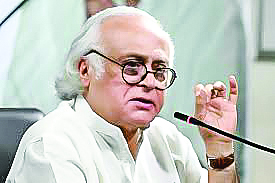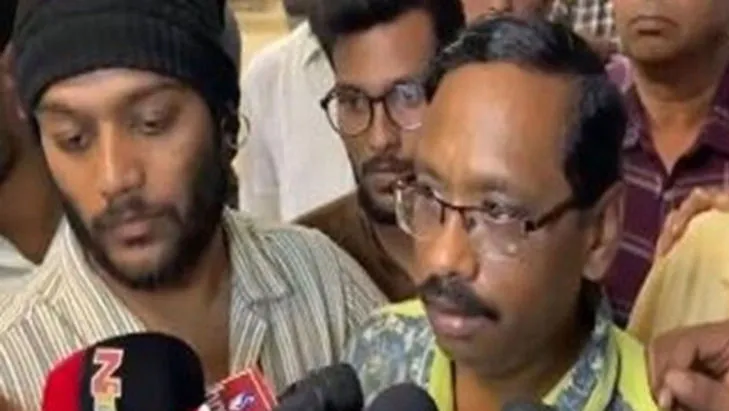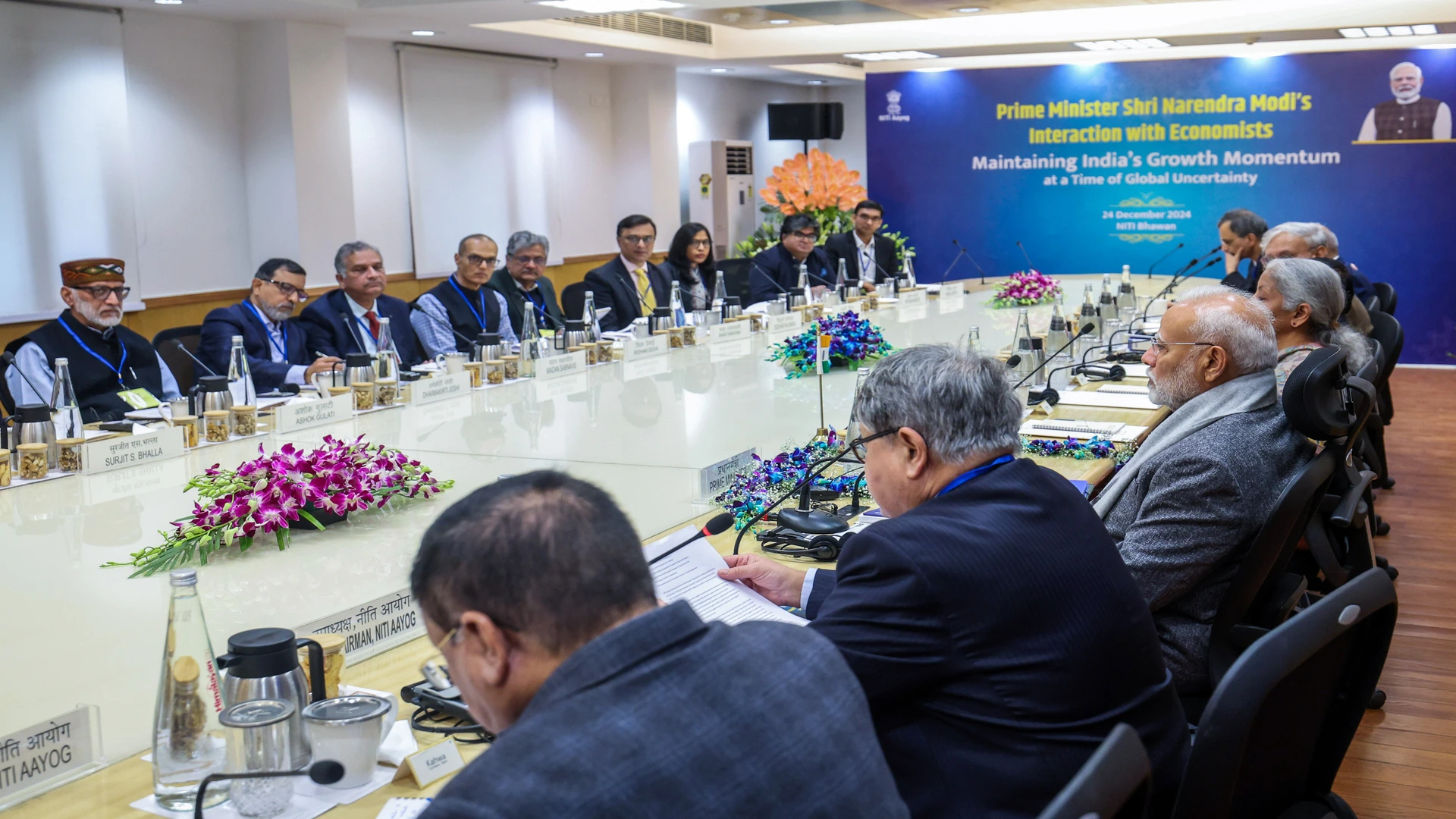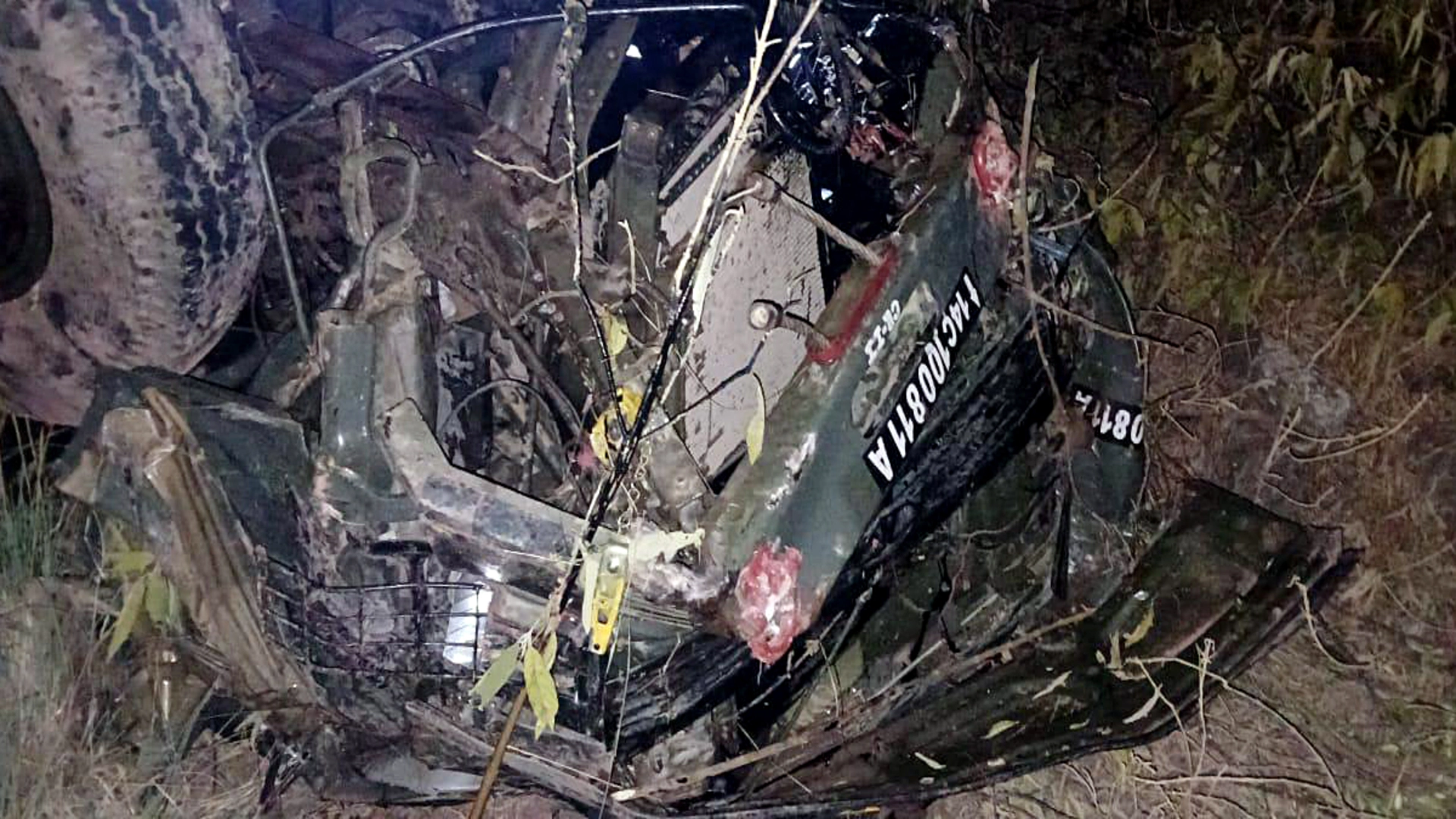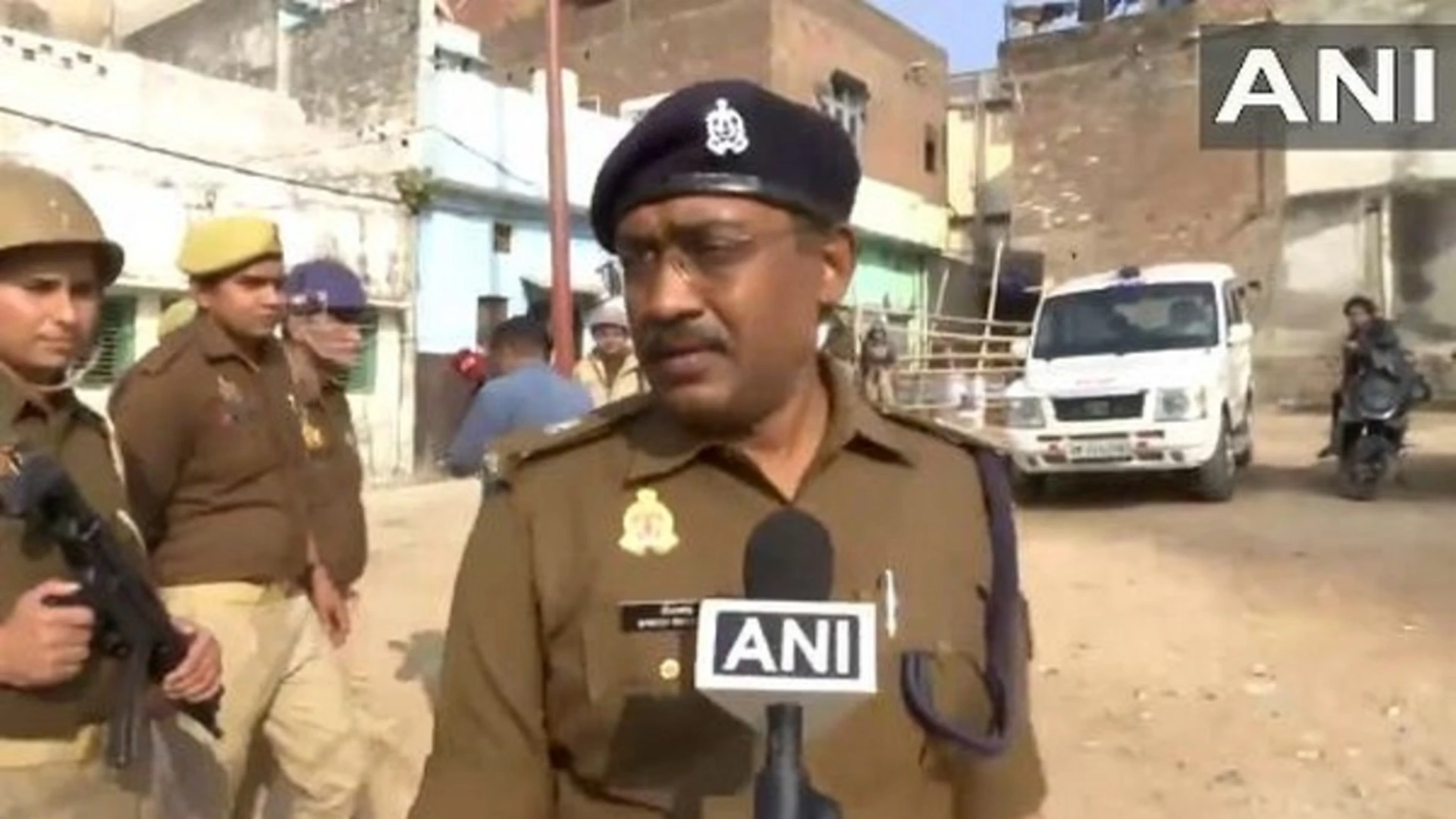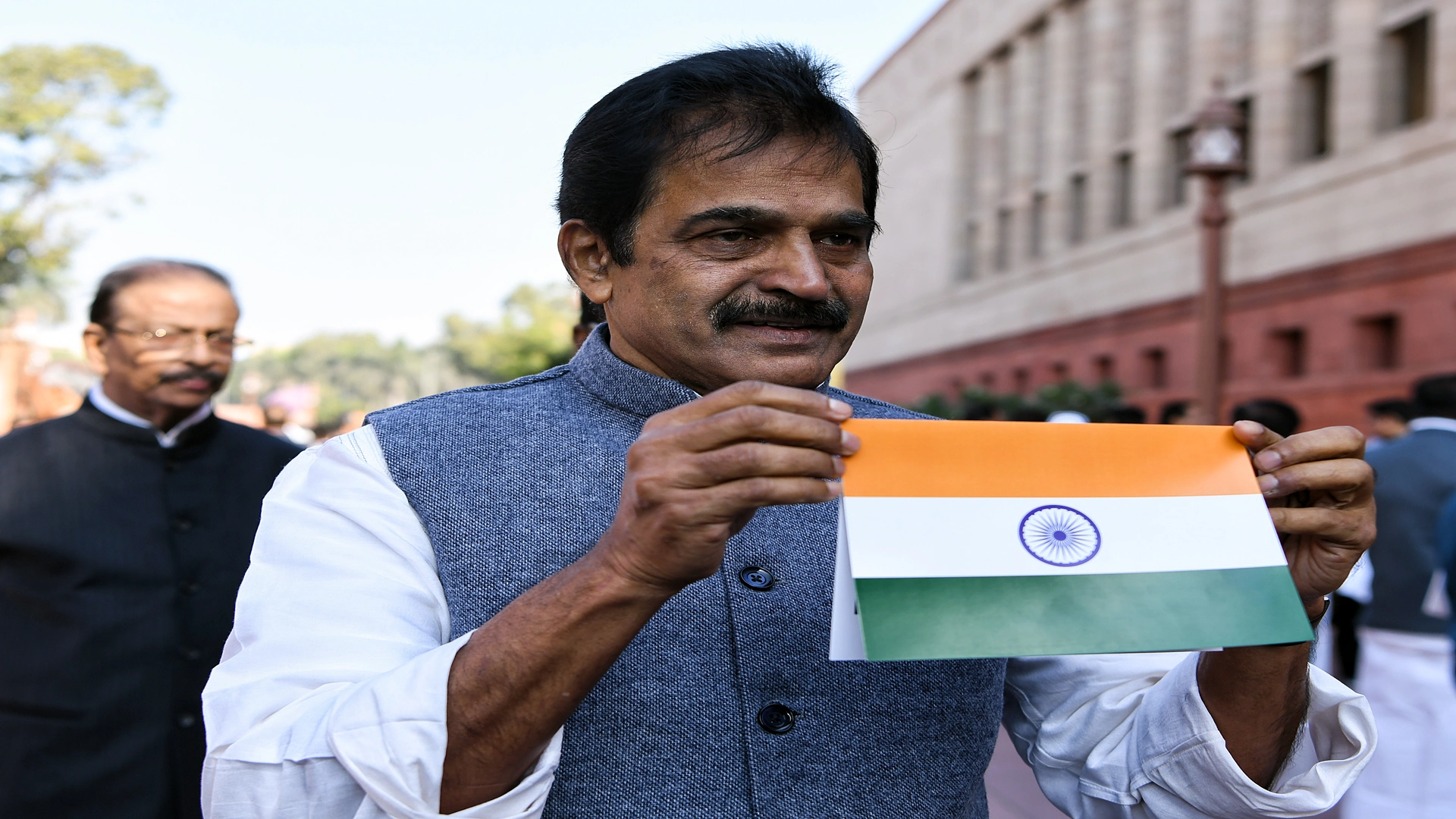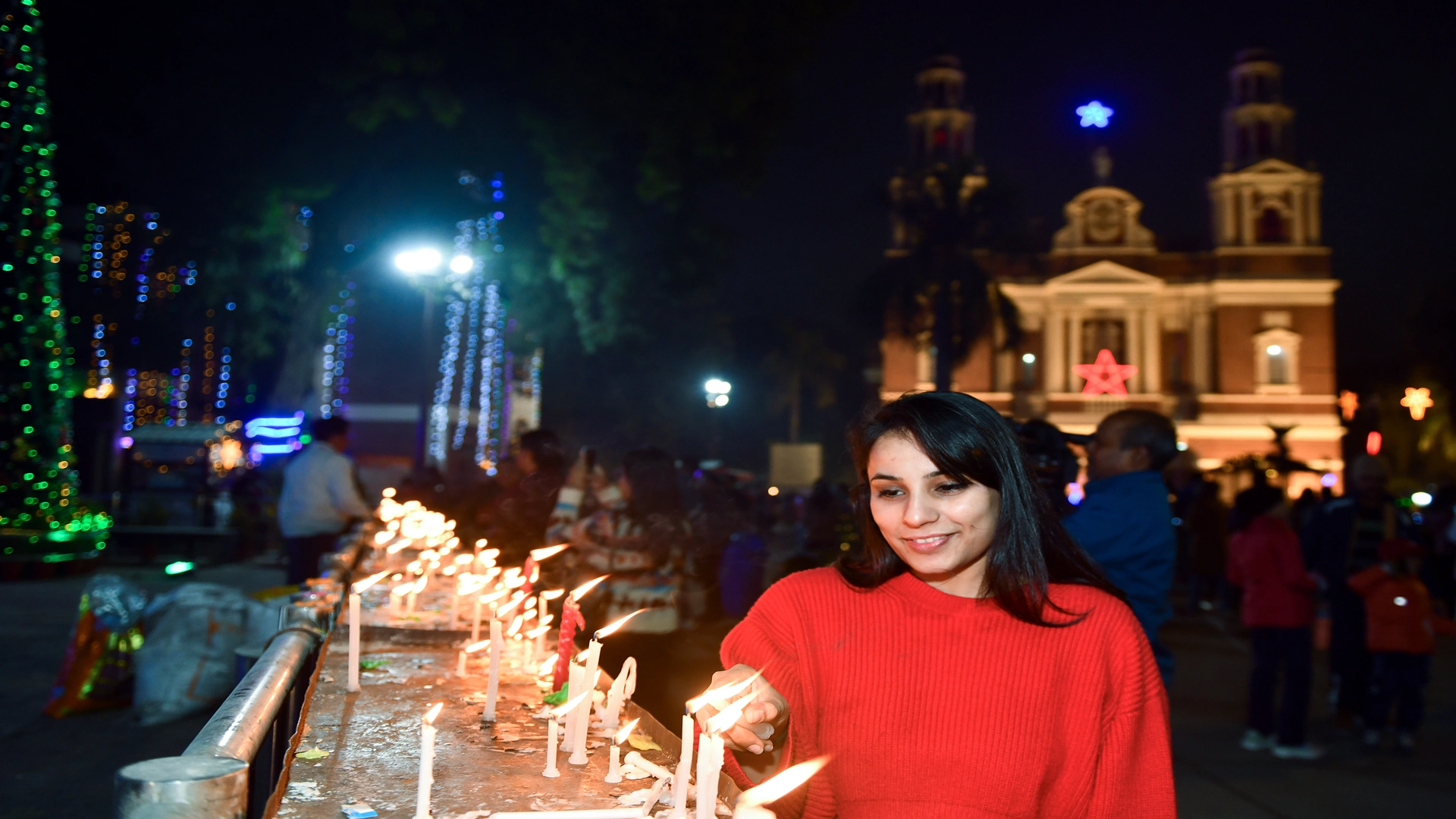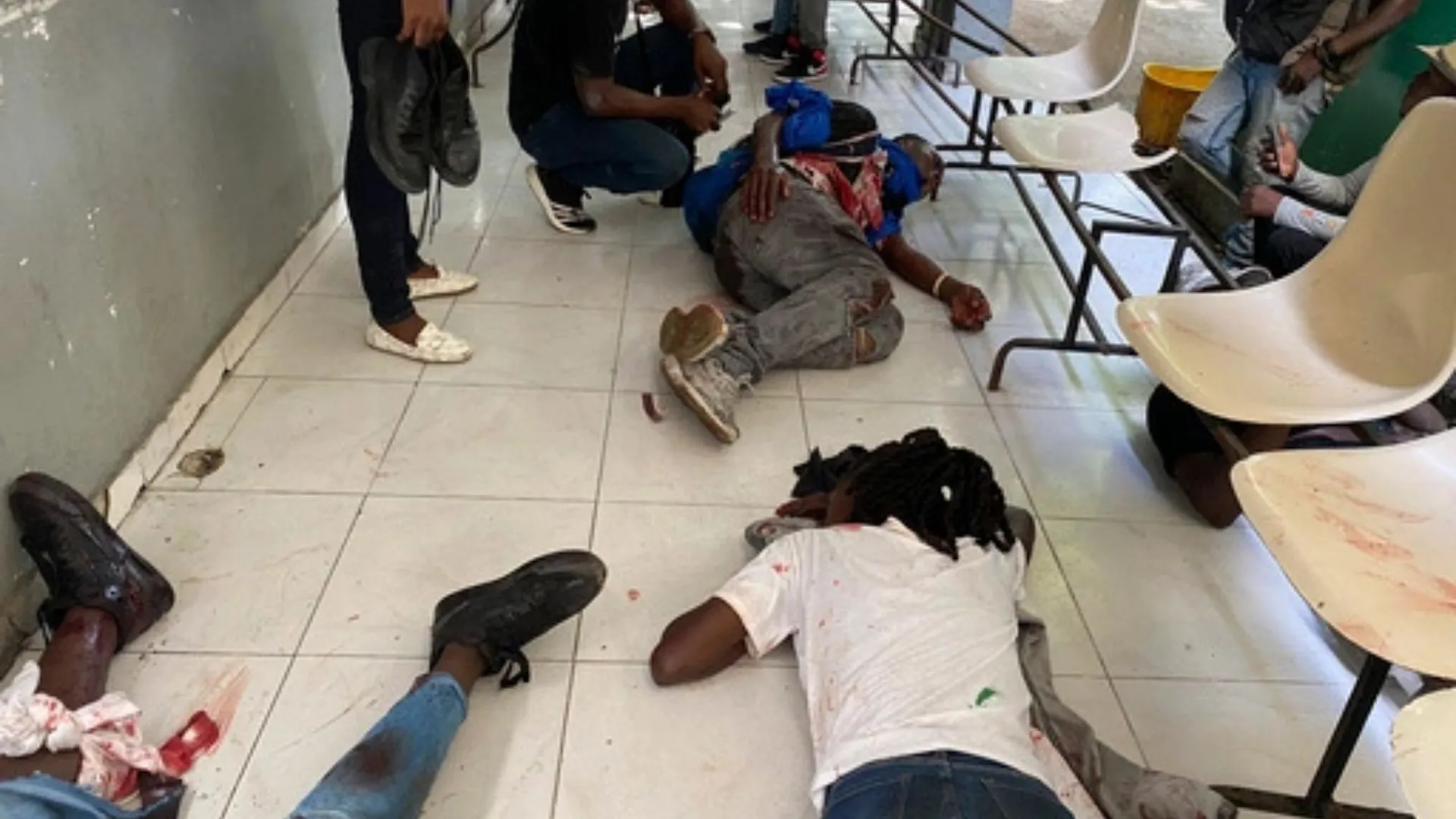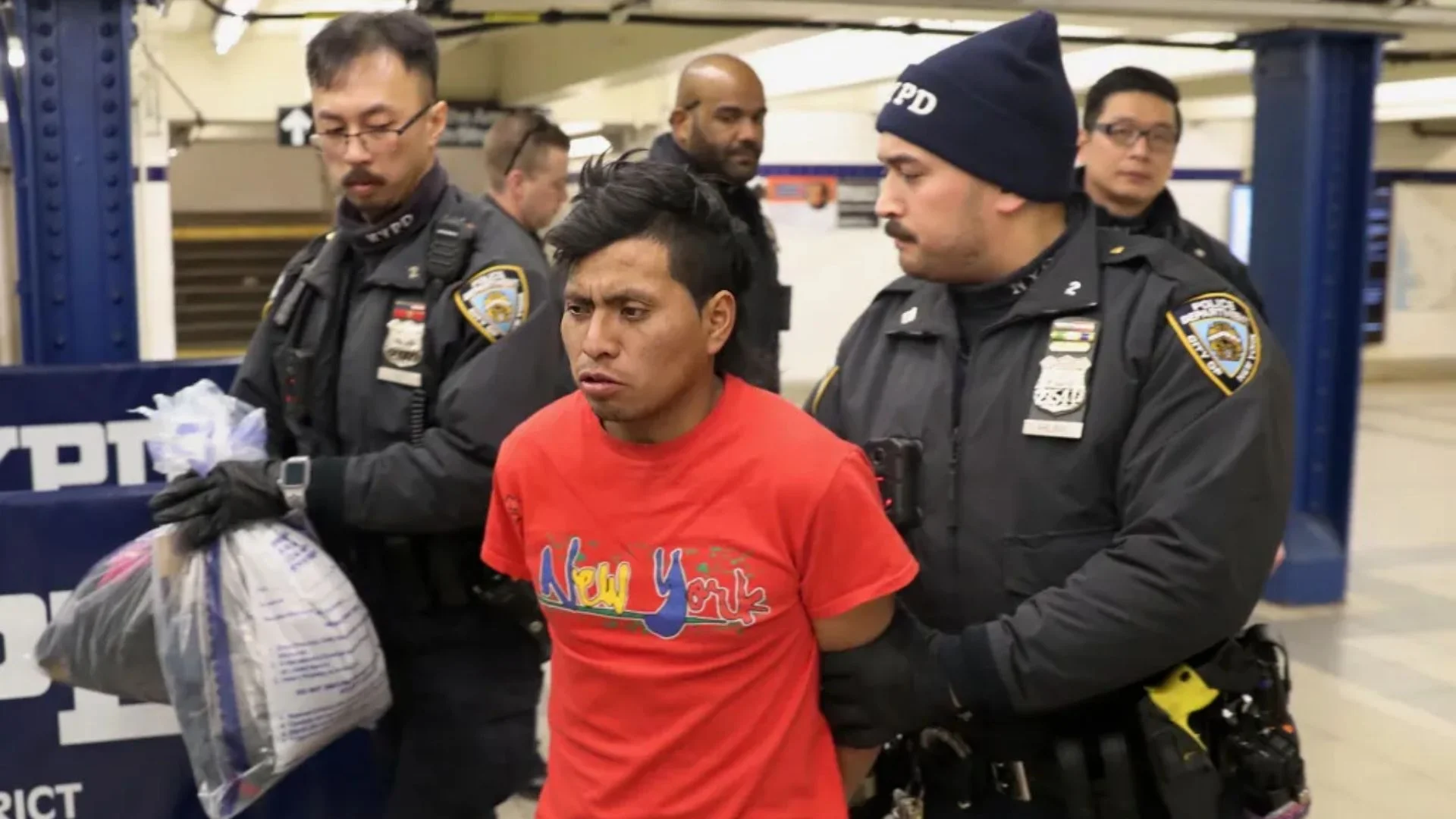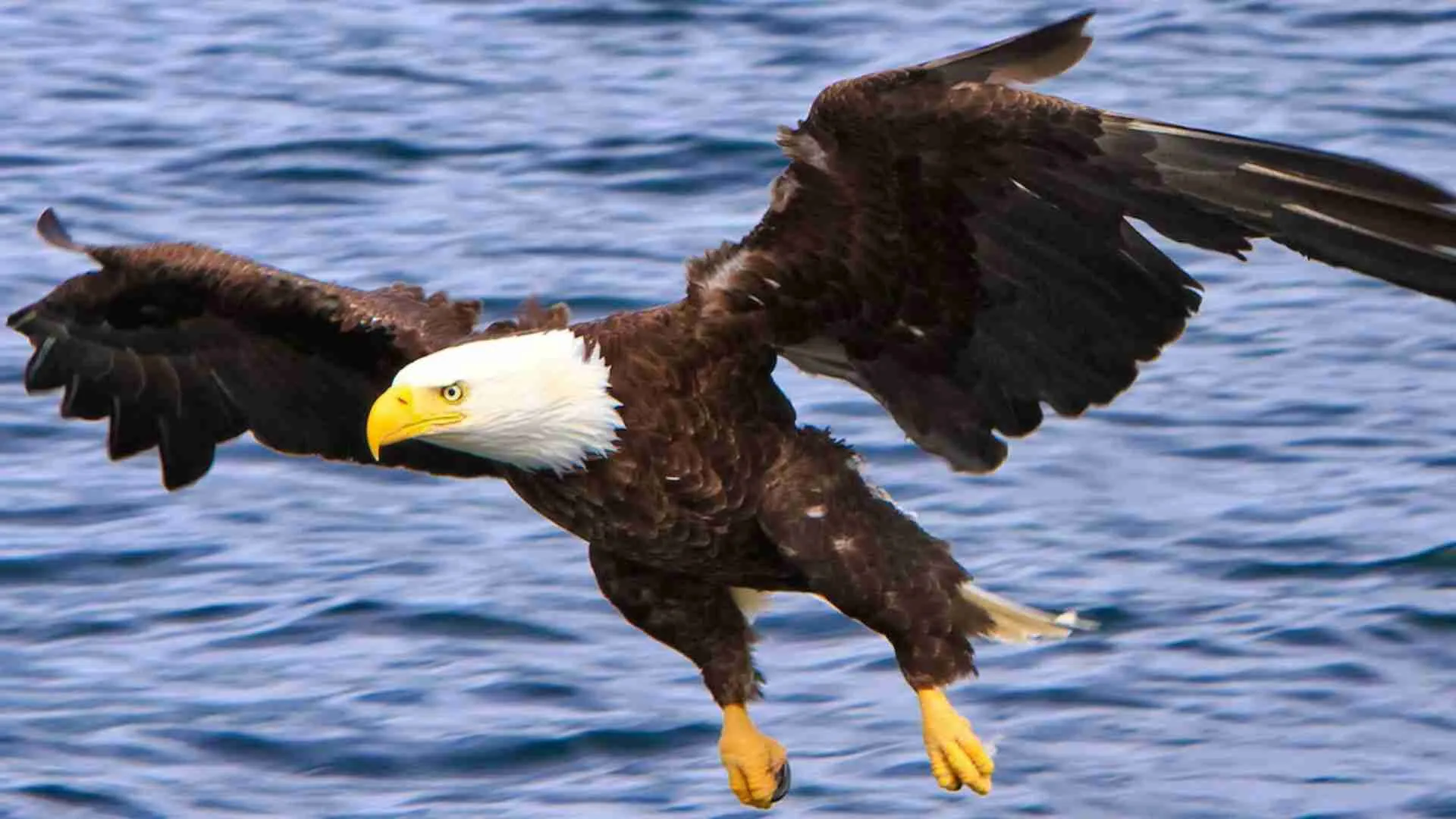Congress leader Jairam Ramesh on Monday took a swipe at Prime Minister Narendra Modi ahead of his three-day visit to Russia and Austria and said that he has not visited the violence-hit northeastern state of Manipur, nor met the Chief Minister in last 14 years.
In a post on X, formerly Twitter, Ramesh who is party’s general secretary and communications incharge, said, “Today, the non-biological Prime Minister goes to Moscow while the Leader of the Opposition in the Lok Sabha heads for Assam and Manipur. Of course, the drumbeaters of the non-biological Prime Minister have claimed that he stopped the Russia-Ukraine war for some time. Presumably, this Moscow trip will lead to even more bizarre claims.”
Taking a swipe at the Prime Minister, he said, “This is Rahul Gandhi’s third visit to Manipur ever since the state blew up fourteen months ago. The non-biological Prime Minister has not found the time nor even had the inclination to visit Manipur even for a few hours after the grave crisis erupted on May 3rd, 2023. He has not even met the CM of the state – who happens to be from his own party – and other political leaders of the state including MLAs and MPs.”
Firing another salvos, he said, “Between FY14 and FY23, India’s exports to Russia stagnated, falling from $3.17 billion to $3.14 billion. Meanwhile, the import bill has surged exponentially, rising from $6.34 billion to $46.21 billion.
Such a lopsided trade relationship is unsustainable in the long-term, and has deleterious consequences for our domestic industry. Is a rectification of this trade imbalance on the agenda for the non-biological Prime Minister’s talks with President Putin? What is his vision to improve the trade balance between the two countries? According to the Indian Embassy in Moscow, at least 50 Indian nationals have joined the Russian Army. At least two individuals have already been confirmed as fatalities of the war. Many others have been ‘duped’ into fighting a war where they have no stake, aside from a chance to escape the poverty and unemployment crisis that the non-biological Prime Minister has perpetuated domestically.
Will the non-biological Prime Minister take up the cause of these youth? Will he ensure their safe return to India as soon as possible?”
Ramesh slammed the BJP-led NDA central government saying every day Modi-made ‘anyaay kaal’ is a new record of economic failure but there is no evidence that non-biological Prime Minister Narendra Modi recognised it.
Sharing his statement on X, Ramesh said, “Every day in the Modi-made Anyay Kaal is a new record of economic failure. Statement on India’s diminishing corporate investments, which have just hit a 20-year-low.”
In his statement, he said, “Every day in the Modi-Made Anyay Kaal is a new record of economic failure. We have already seen a 45-year high unemployment rate, a 50-year low household savings rate, and the first- ever decrease in real rural consumption.
Now, we have another disturbing fact to reckon with, The Hindu reports that in the April- June quarter of this 2024/25 fiscal year, fresh investments announced by corporates is just Rs 44,000 crore. This is a 20-year low.
He said that compare the decade of Dr Manmohan Singh’s Prime Minister with that of the non-biological PM.
Investment as per cent of GDP (average over time) was 33.4 per cent during the UPA and 28.7 per cent in the Anyaay kaal, he said, adding that FDI as per cent of GDP rose from 0.8 per cent in 2004 to 1.7 per cent in 2014 under Manmohan Singh’s stewardship. As of 2022, it is now 1.5 per cent, Ramesh said

